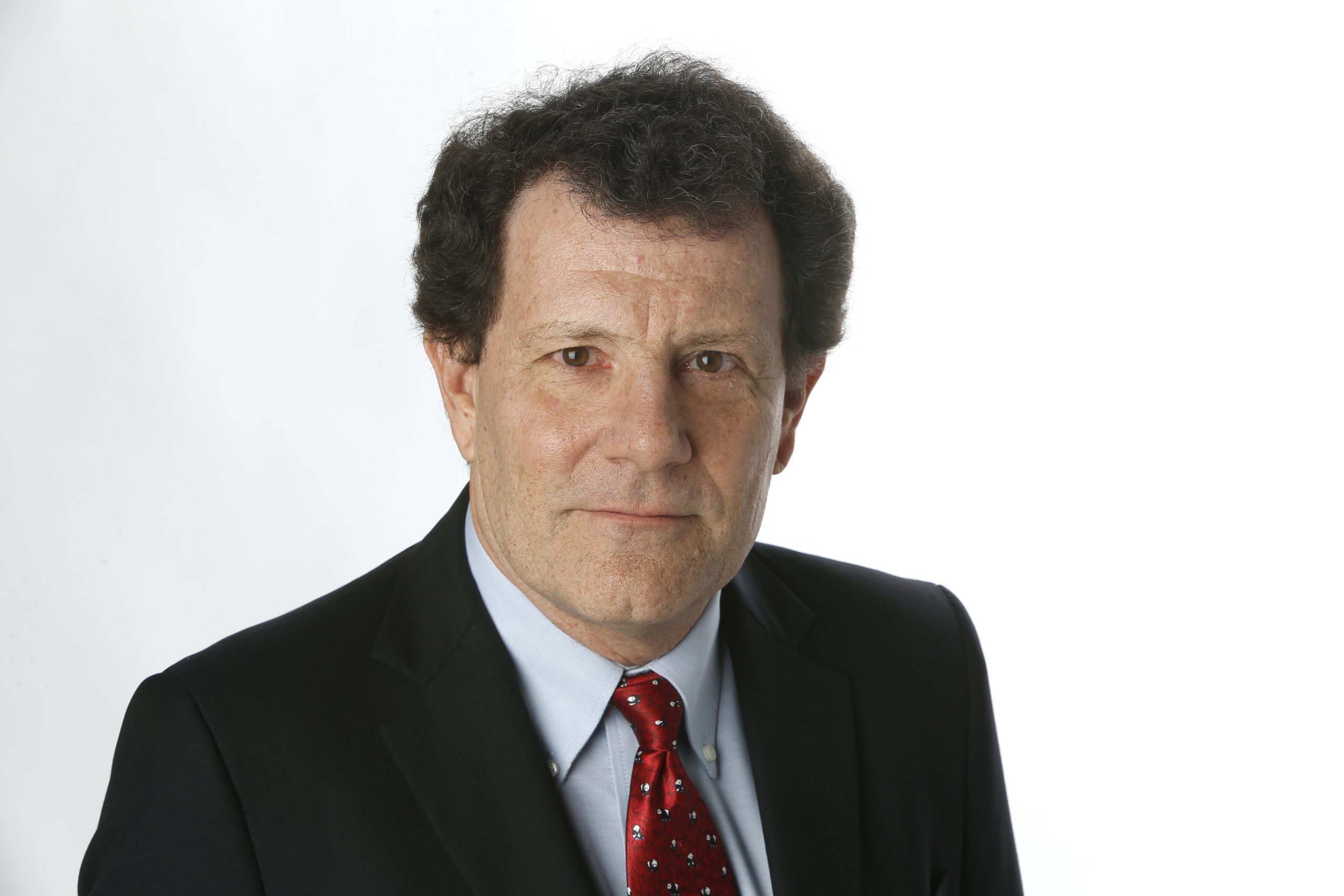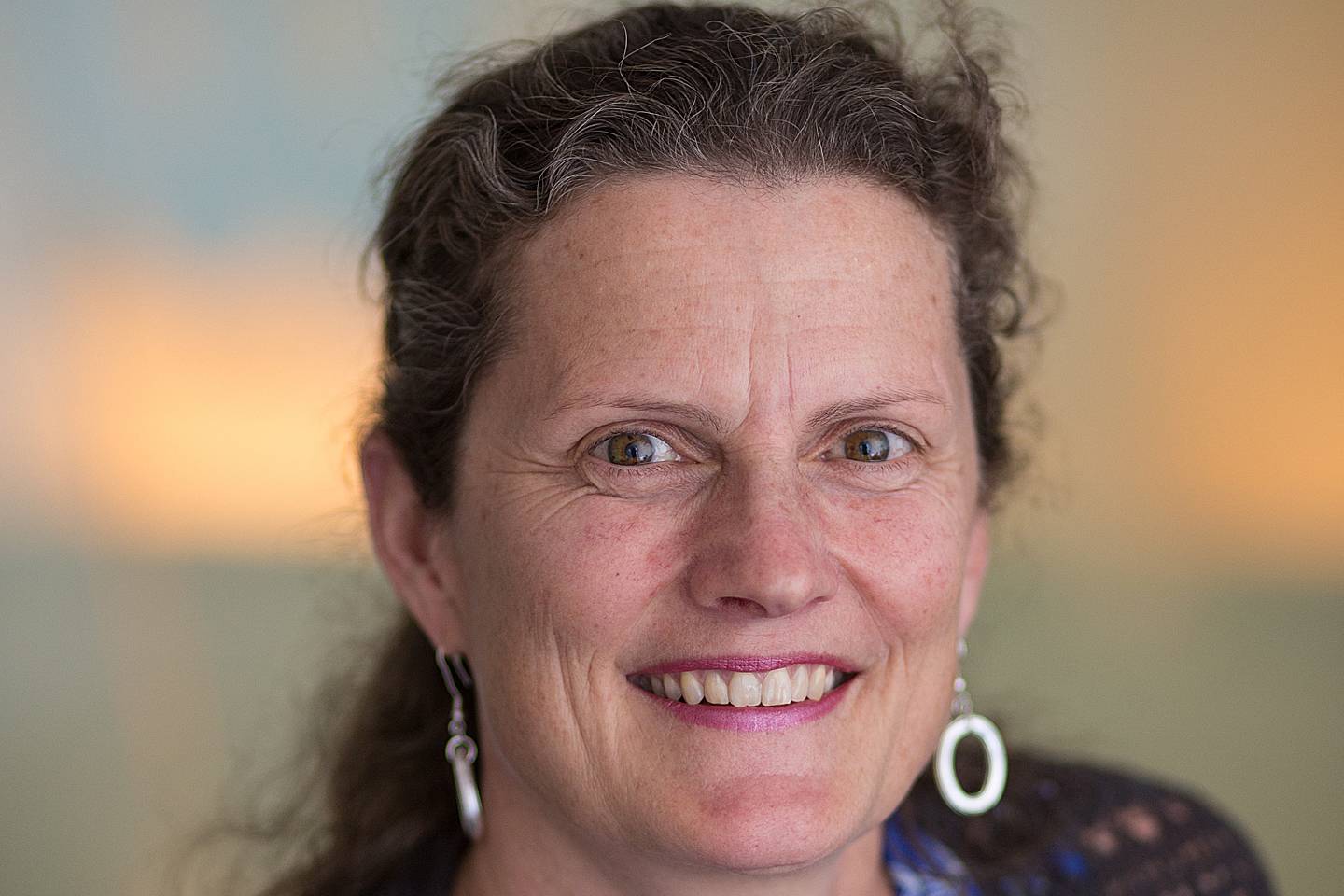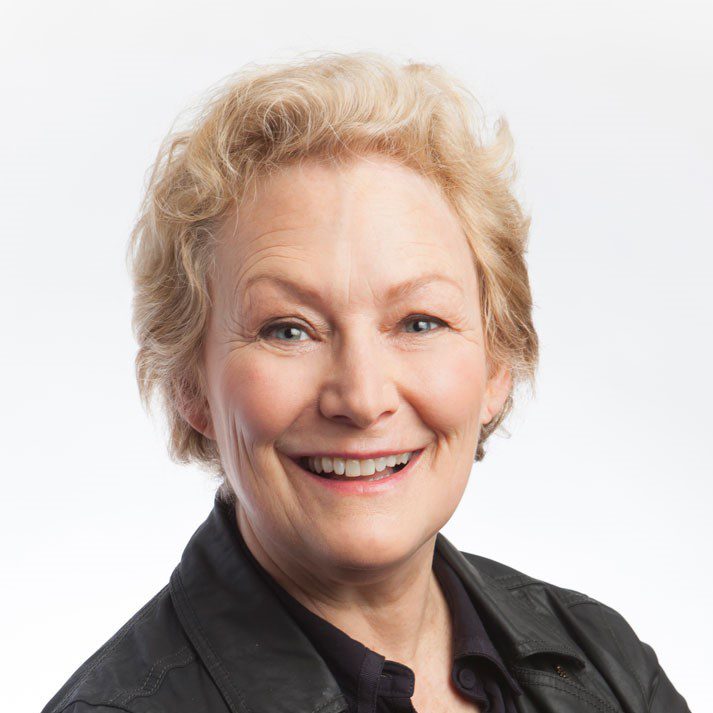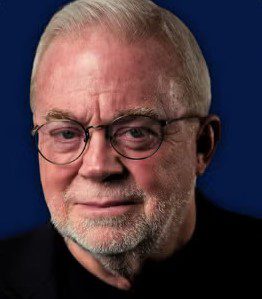
Advocating for Social Justice for Native Americans
Originally recorded in December 2020, Pulitzer Prize winning journalist Nicholas Kristof and Johns Hopkins Center for American Indian Health Co-Director Allison Barlow...
About This Episode
Originally recorded in December 2020, Pulitzer Prize winning journalist Nicholas Kristof and Johns Hopkins Center for American Indian Health Co-Director Allison Barlow discuss the struggle for social justice in Native American communities. “The Bureau of Indian Education schools only have a 53% high school graduation rate! We are failing them way before they fail us,” suggests Kristof. “One of the greatest prides for parents on a Native reservation is to celebrate their child’s high school graduation. If children there aren’t graduating from high school, it’s because of generations of trauma on top of a really ineffective education system,” Barlow says. “We as a country have had this narrative that when people struggle, it’s because of a lack of personal responsibility and bad choices. When a child born in a certain county has a life expectancy shorter than that of Cambodia, that’s not because that infant is making a bad choice. It’s because we as a society are making bad choices about healthcare, education and jobs,” adds Kristof.Resources and Mentions:

Allison Barlow
Co-Director // Johns Hopkins Center for American Indian Health
Allison Barlow PhD, MPH has been part of the Johns Hopkins Center for American Indian Health since 1991 and has led the center since 2016. She partners with indigenous outreach workers to design, direct and evaluate the programs addressing teen parenting outreach and early child development; suicide, depression and substance abuse prevention; diabetes and obesity prevention; and youth entrepreneurship and life skills training.

Nicholas Kristof
Columnist // New York Times
Nicholas Kristof is a two-time Pulitzer Prize-winning journalist for The New York Times. Kristof has lived on four continents and has traveled to more than 140 countries, all 50 states, every Chinese province and every main Japanese island. During his travels, he has had unpleasant experiences with malaria, mobs and an airplane crash.
Johns Hopkins Center for American Indian Health
https://caih.jhu.edu/Johns Hopkins Center for American Indian Health works in partnership with American Indian and Alaska Native communities to improve the health status, self-sufficiency, and health leadership of Native people. Founded in 1991 and based in the Department of International Health of the Johns Hopkins Bloomberg School of Public Health, the Johns Hopkins Center for American Indian Health supports public health interventions designed for and by Native peoples.


